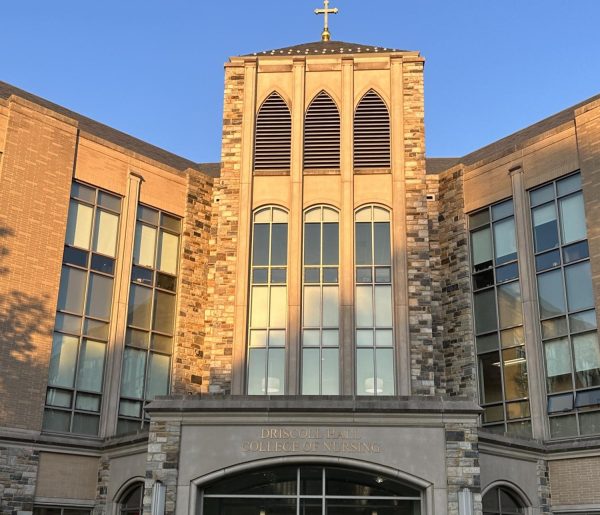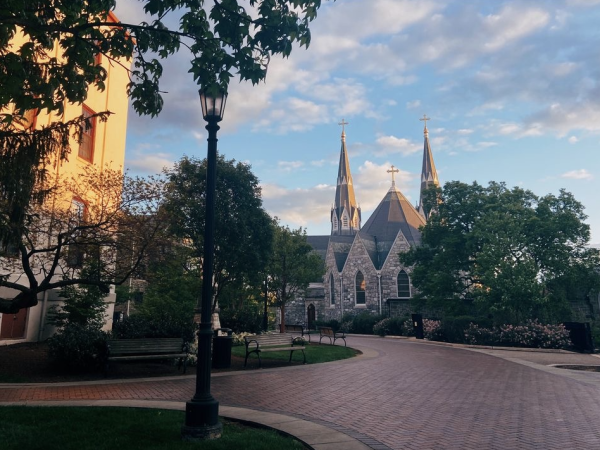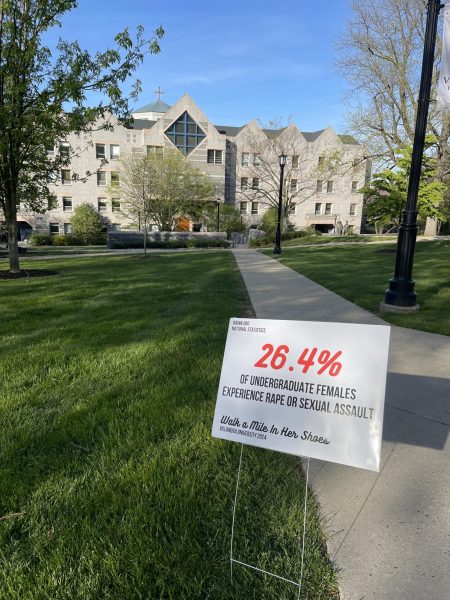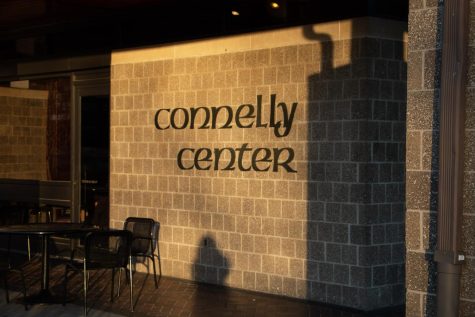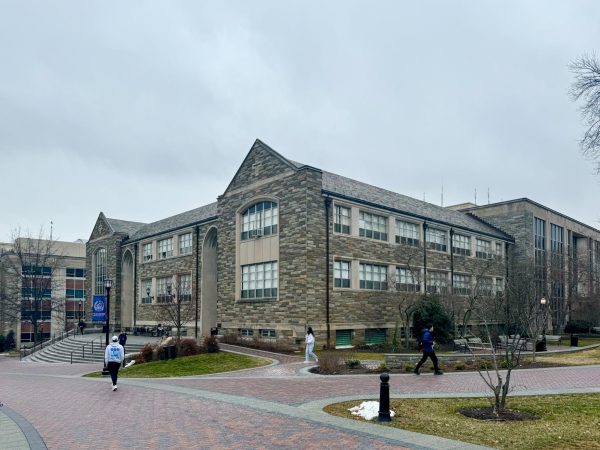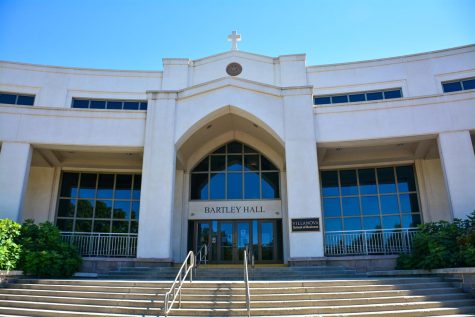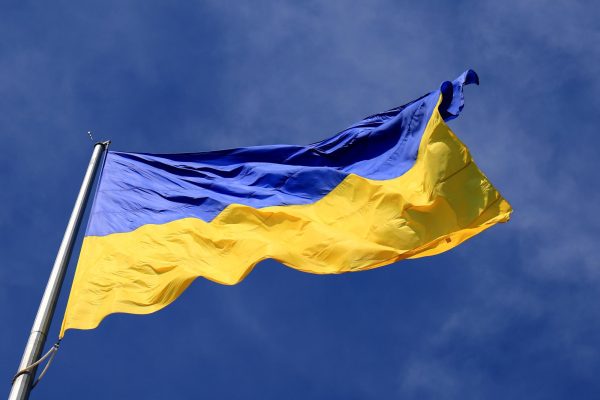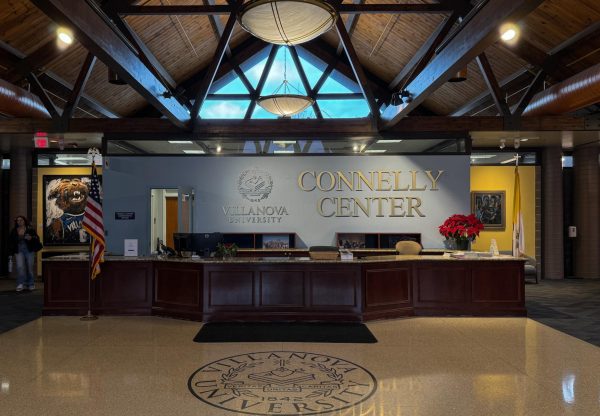Opinion – Cancelled trip to Cuba
April 13, 2004
TRAVEL RIGHTS?
Land of the free. Congress is the voice of the American people. These are two commonly emphasized American ideals that we are all familiar with. In some regards these lofty goals are upheld, but clearly this is not true in the case of Cuba. Late this February, travel restrictions to Libya were removed after 23 years, making Cuba the only country in the world a US citizen is prohibited to visit. Coupled with a strict economic embargo, this archaic policy toward Castro’s Cuba has persisted for 42 years. This past September, the House of Representatives voted for the fourth time to end travel restrictions on Cuba by a margin of 40 votes. President Bush immediately vowed he would never sign any bill from Congress to ease travel restraints. Any president’s signature is all that stands in the way of the removal of these restrictions.
Beginning in early November, a group of students and three professors petitioned the US Treasury Department for permission to participate in a service learning trip to Cuba. The fact that this lengthy process had to be completed seemed unessential in the first place, but we followed the guidelines set forth by the government.
With the collapse of the Soviet Union, the shield of communism certainly is no longer a viable excuse for the continuation of the embargo. Once it was clear that a small communist island 90 miles off the coast of Florida no longer threatened the security of the world’s largest superpower, the US government resorted to accusations of human rights against the socialist Castro regime for their reasoning. While Castro’s party may have committed human rights violations during its transition into power and early years, human rights violations do not provide a blockade against trading with other nations. China is a perfect example of a country with questionable human rights, yet is near the top of US trading partners. No travel restrictions exist for US citizens wishing to travel there. Moreover, China itself went through its own era of communism. Ironically, the US military base on Guantanamo Bay in Cuba, of all places, is subject to human rights allegations repeatedly.
The group continued on with the application process seeking US government permission, bearing these facts is in mind. As a legitimate university desiring to obtain a license to travel for educational reasons, such as to learn about health care, education, culture, and history, it seemed unlikely to us that we would be denied. In early March, our first application for the license was turned down. We made the suggested alterations to our letter and returned it, but have not heard back since. When the US Treasury Department does answer our phone calls, three different reasons have been cited, all unrelated to the previous. Perhaps the most ridiculous response was to remove the religious content from our petition, which was stated in just a single line about Villanova’s religious affiliation.
This past Tuesday, the trip had to be cancelled as the group was supposed to leave May 18th, and we had no license from the US government yet. Villanova will continue to pursue the license for a possible trip in the future. To the dismay of a wonderful group of students and professors, passionate to learn about Cuba first-hand and how US policy has affected its people and culture, they were denied this experience without good reason. The group had met diligently every week since November, working hard to prepare ourselves for the trip to Cuba, but to no avail.
We all feel deprived and our disappointment has turned to anger, upset that such a stubborn policy could stand in our way. After thinking the license process itself was unnecessary, it has provided us the primary obstacle to exercise our rights as free Americans to travel and learn abroad. The Bush Administration states that US citizens travel to Cuba will support Castro, providing a means for the economic embargo to become irrelevant through US tourist dollars. The Administration fails to realize that US tourist revenues would make an impoverished country and its citizens, partly suffering because of the crippling embargo, a better lifestyle and simultaneously not deny the rights of Americans. The only other option for the group was to travel without a license risking fines and imprisonment. However, trying to view this experience from a positive angle, we never made it to Cuba, but we learned much about our mysterious and forbidden country just to the south. But more importantly, we learned how the US government and the Bush Administration’s efforts to crack down on legal travel to Cuba, can effect the lives of our citizens even when it is completely unwarranted. Personally, the Bush Administration reminds me of a dictatorial regime itself, precisely how the US government originally perceived Castro’s party.



